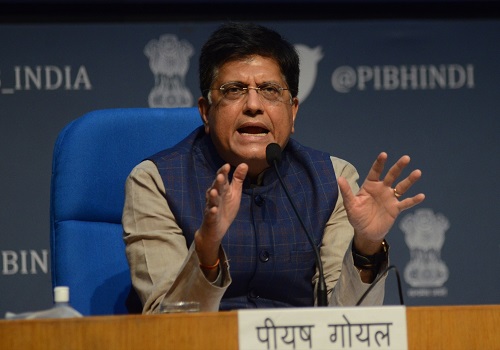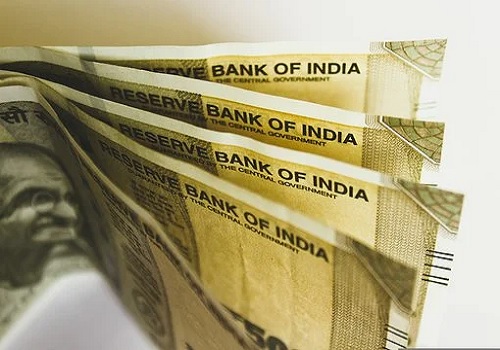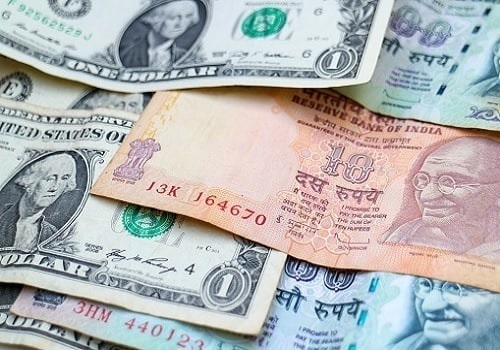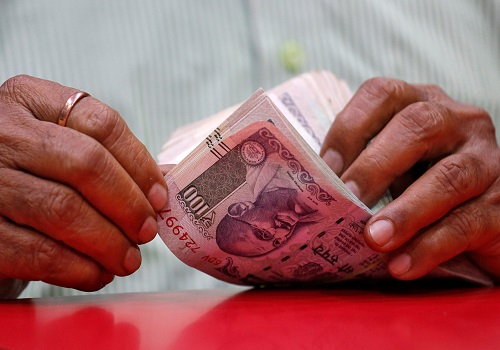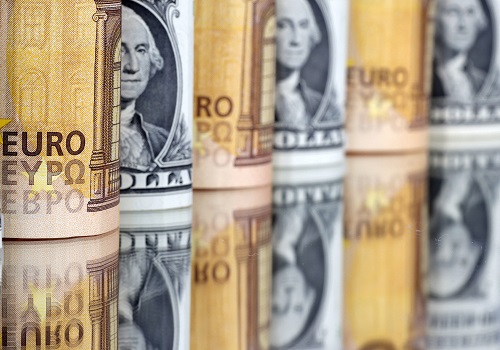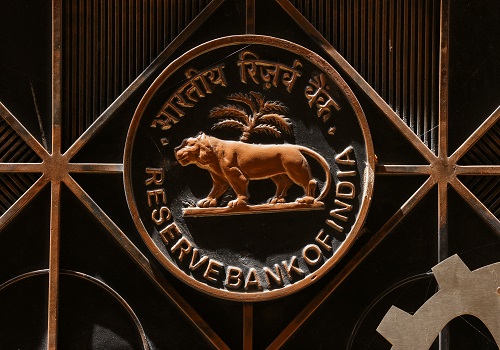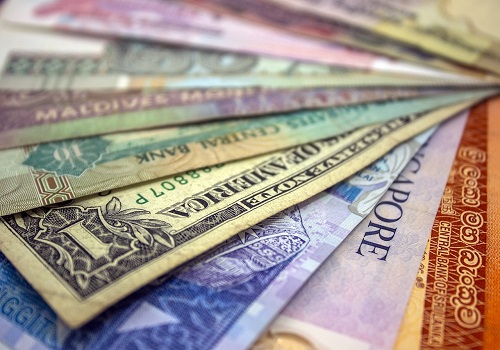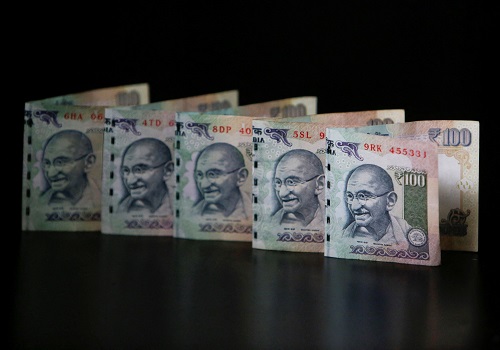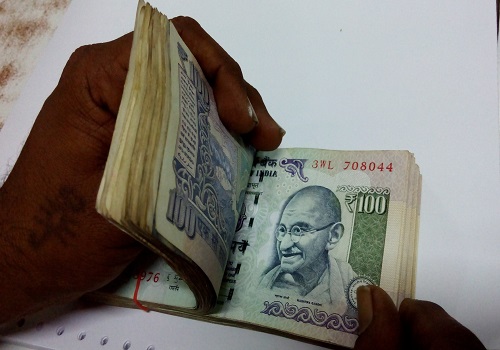Dollar prowls just below highs as euro gasps for gas
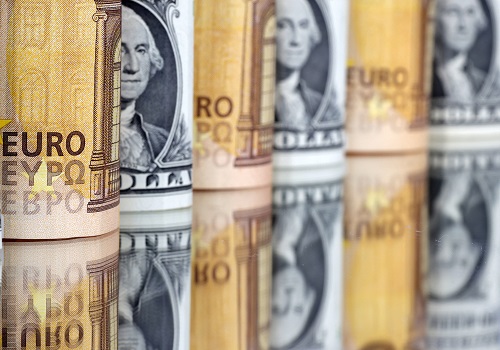
Follow us Now on Telegram ! Get daily 10 - 12 important updates on Business, Finance and Investment. Join our Telegram Channel
The dollar began the week nudging down from multi-year highs, with a hotter-than-forecast inflation reading in New Zealand lending modest support to the kiwi, though fears about Europe's gas supply put a cap on dollar selling.
The greenback has soared this year thanks to a combination of rising U.S. interest rates and wobbling economies in Europe and China. It pushed above parity on the euro for the first time in almost 20 years last week, before easing back.
The euro last bought $1.00955 and the yen, which has tumbled about 17% this year, steadied at 138.37 per dollar. The New Zealand dollar and the Aussie inched higher after inflation surged to a three-decade high in New Zealand.
Traders are holding their breath ahead of Thursday, when gas is supposed to resume flowing through the Nord Stream pipe from Russia to Germany after a shutdown for scheduled maintenance. [MKTS/GLOB]
"If that doesn't happen, that would be a very bad thing for a lot of currencies," said Joseph Capurso, head of international economics at Commonwealth Bank of Australia, with the euro likely to be the biggest loser and the dollar a beneficiary.
The uncertainty is overshadowing a European Central Bank meeting, also due on Thursday, where policymakers are expected to begin Europe's hiking cycle with a 25 basis point (bp) increase.
Adding to headwinds for the eurozone is a political crisis in Italy, after Prime Minister Mario Draghi tendered his resignation last week, following failure to receive support from coalition party the 5-Star Movement over his plan to combat soaring prices.
Over in Asia, markets are keenly watching China's central bank meeting on Wednesday and the Bank of Japan's on Thursday.
"The silver lining is that China does not currently face imminent or heightened inflationary pressures, which allows the policy makers to stick to its easing bias to support the recovery," said Peiqian Liu, China economist at NatWest Markets.
"However, as the hawkish Fed and China’s deleveraging policy stance both limit the PBoC’s room to cut rates aggressively or consecutively, we still expect fiscal easing to be the main policy lever in H2."
In the spot market, the onshore yuan last changed hands at 6.7468 per dollar, having recovered a little from a two-month low of 6.77 hit Friday. The offshore yuan stood at 6.756.
Similarly, no changes are expected from the BOJ, which is expected to maintain its ultra-easy policies, meaning more pain for the beleaguered yen.
Hike expectations firmed a little bit in Australia and New Zealand after data showing New Zealand's inflation hit a three-decade high last quarter was published on Monday.
At 7.3%, year-on-year price growth beat expectations, lifted two-year swap rates nearly 10 basis points and raised the kiwi by 0.5% to a one-week high of $0.6191. It last traded $0.61695.
The Australian dollar rose 0.3% to $0.6804. [AUD/]
The U.S. dollar index was steady at 107.86, marginally lower than last week's two-decade high of 109.290, though few seem willing yet to call a peak to the dollar's gains.
The Federal Reserve meets later in July and is expected to lift the benchmark U.S. interest rate by 75 bps. Even though that is more conservative than the 100 bp hike markets had priced in at one point last week, it is still quite a stiff increase.
"There has been a fixation with how the dollar is poised to weaken," analysts at HSBC said in an outlook report which instead raised the bank's dollar forecasts broadly.
"There has been too much attention paid to the dollar's frailties but not enough to the increasing ones elsewhere, which are causing the dollar to be overvalued.
"Global growth is slowing and the downside risks are intensifying, which is USD positive...this dollar bull run is not over yet."













